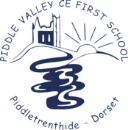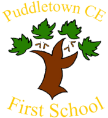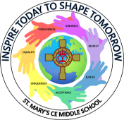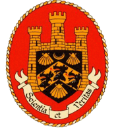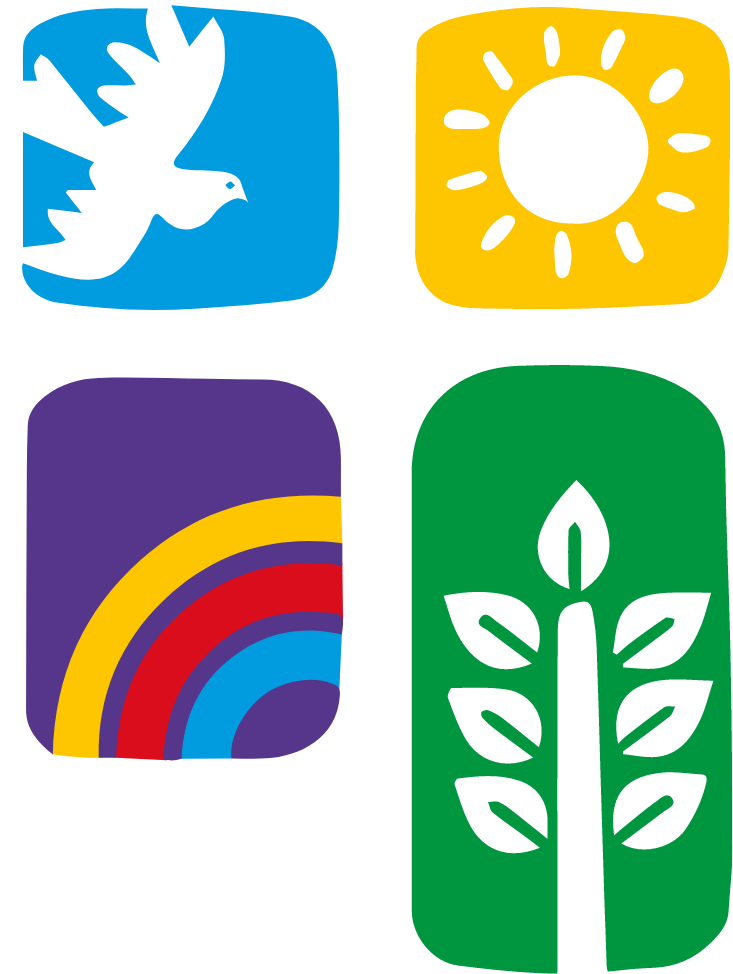
Geography
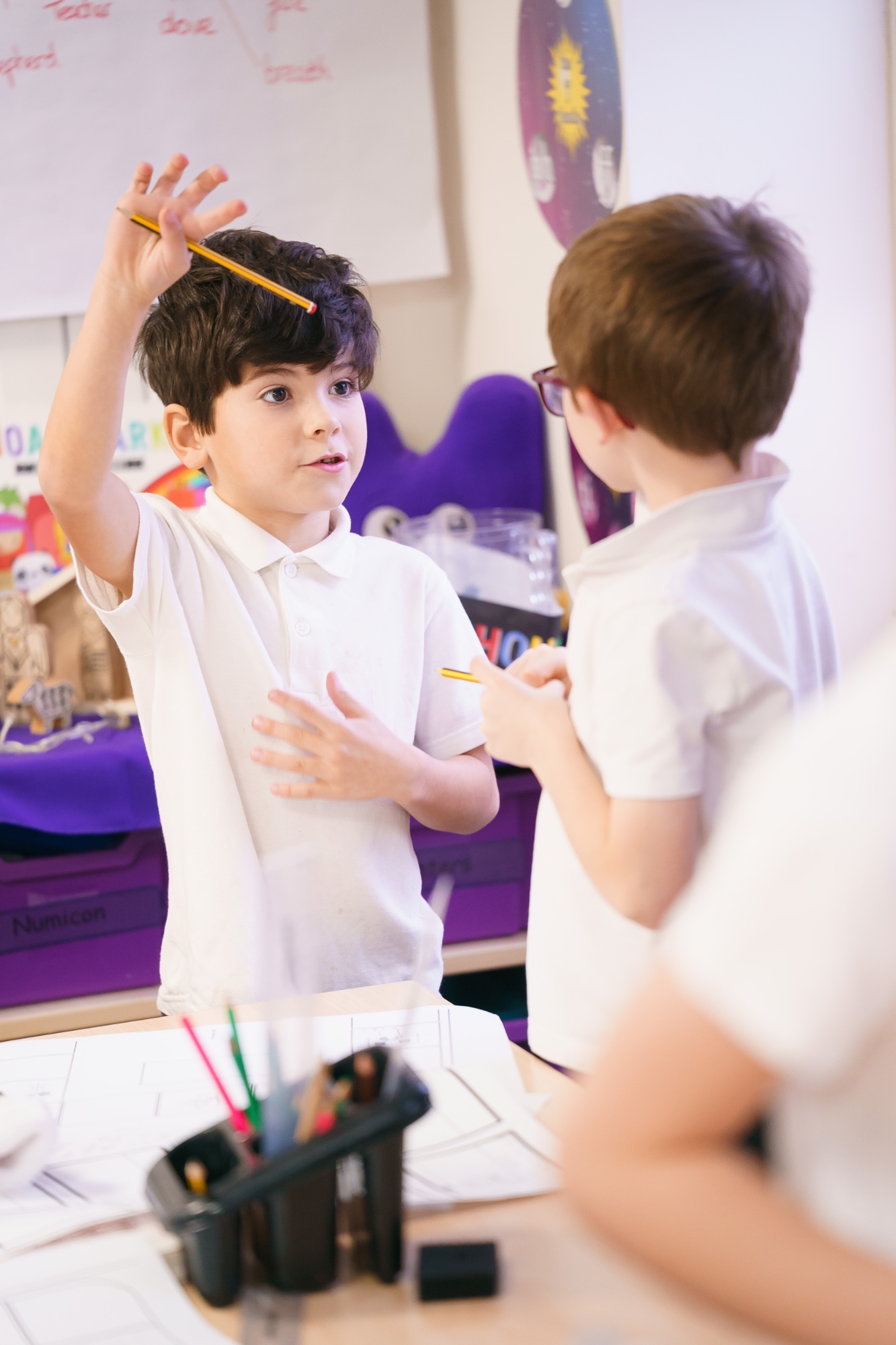
Through our geography teaching we enhance our pupil’s understanding of the world, from their familiar locality to the strangeness of different biomes, continents and weather patterns. Our local area, besides its rich history, is on the edge of an area of outstanding natural beauty – the Jurassic Coast World Heritage Site offers a chance to walk through time - 185 million years of geological time no less. Flooding and the way water meadows are managed along with continual coastal erosion are all on our doorstep and aid our children’s understanding.
As they grow older and move to their next stage of education, they debate environmental issues concerning the parts of our world which are under threat and often the decisions and politics from the past which may have caused those threats.
Through our big topic questions, pupils are required to build on previously taught knowledge so that they grow as geographers, revisit and embed concepts and develop skills such as map reading, making connections and critical debating. Knowledge organisers are used to help remember key facts and knowledge. Our overarching goal is to equip pupils with the knowledge and skills that will enable them to make well-informed, responsible decisions and contribute positively to the future of our planet. We also intend to foster an appreciation for cultural diversity, develop a sense of identity, and cultivate a deep respect for the natural world.
Our intent in summary is threefold:
-
Knowledge: To ensure all students have a solid foundation of geographical knowledge, including key locational and place knowledge, physical and human geography concepts, and an understanding of the diversity of the world's people, cultures, and environments.
-
Skills: To develop essential geographical skills, such as map reading, data analysis, fieldwork techniques, and communication, enabling students to investigate and explain the complex interactions between people and the environment.
-
Curiosity: To ignite a lifelong interest in geography, encouraging students to question, explore, and appreciate the world around them, fostering a respect
|
|
|
|
|







